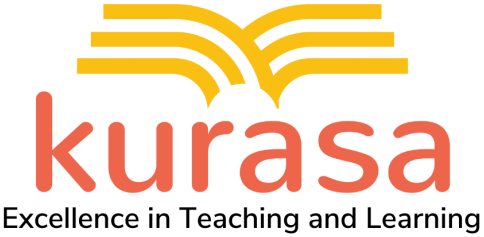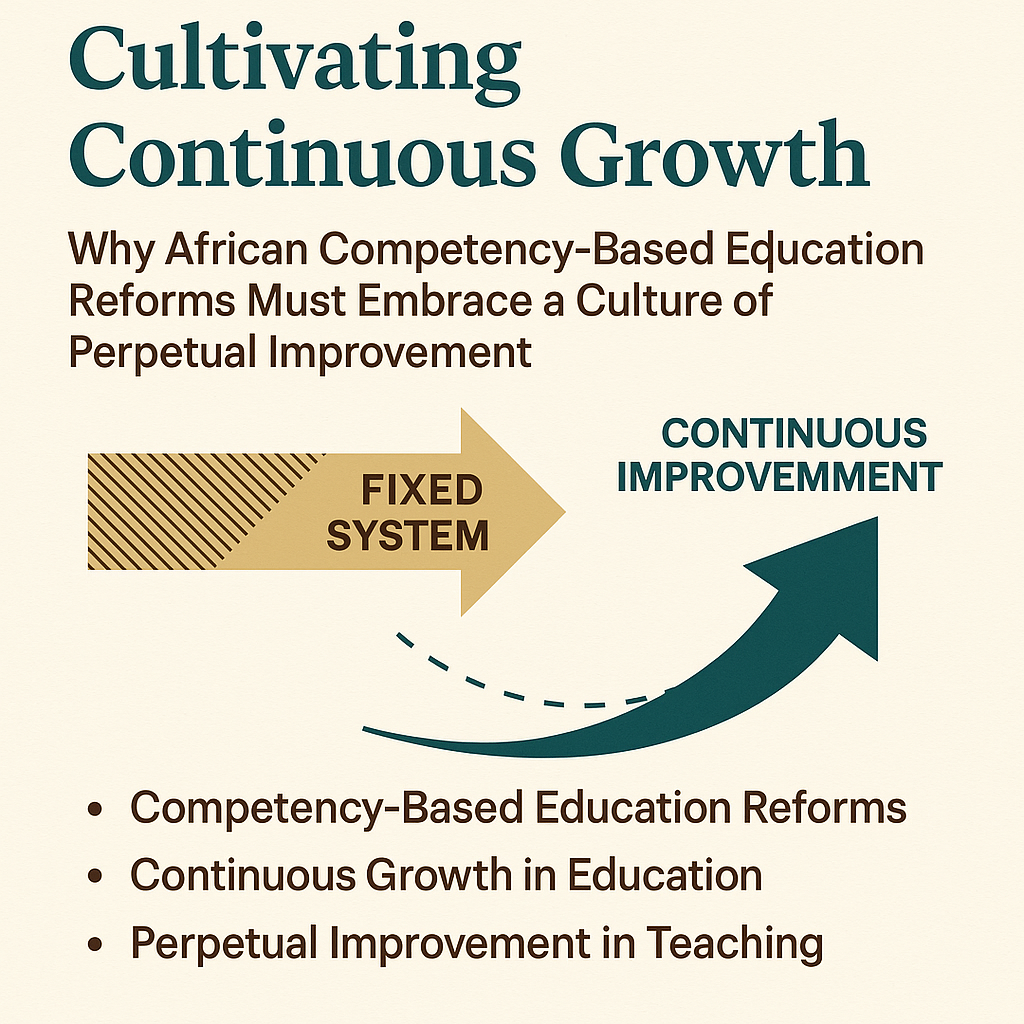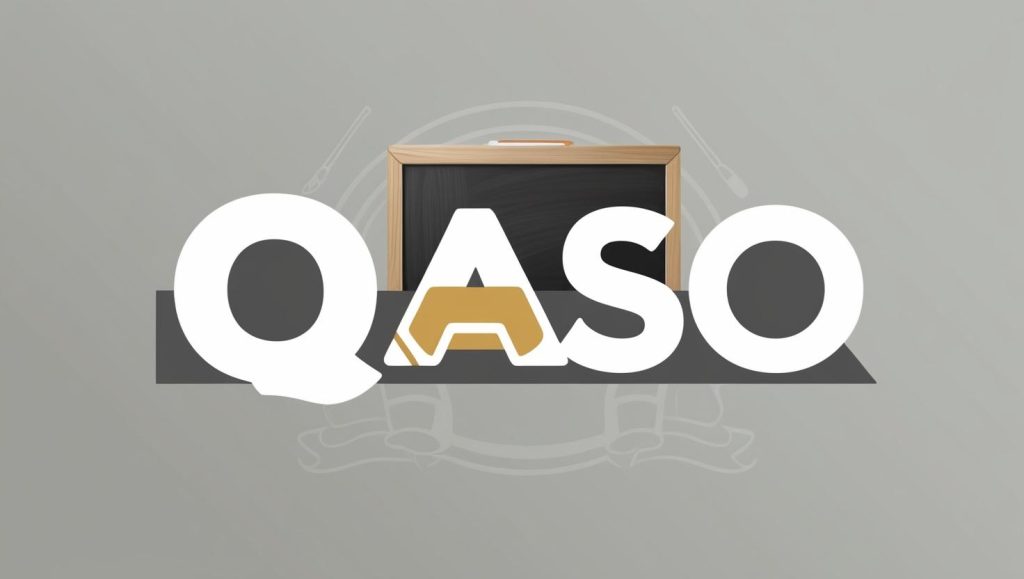
In today’s rapidly evolving world, the ability to think critically is more crucial than ever. Critical thinking empowers individuals to analyse information, solve problems, make informed decisions, and navigate complex challenges with confidence and clarity. Within the Competency Based Curriculum (CBC) framework, there has been a significant emphasis on fostering critical thinking skills among students. In this blog, we’ll explore the profound impact of CBC on the development of critical thinking skills and its implications for learners in Kenya.
Understanding Critical Thinking in the CBC Context
Critical thinking goes beyond memorization and rote learning; it’s about engaging with content in a meaningful way, asking probing questions, evaluating evidence, and drawing logical conclusions. Within the CBC framework, critical thinking is woven into the fabric of teaching and learning, with a focus on nurturing students’ ability to think critically across various subjects and contexts.
The Impact of CBC on Critical Thinking Skills Development

- Promoting Inquiry-Based Learning: CBC encourages inquiry-based learning approaches that stimulate curiosity and promote independent thinking. Students are encouraged to ask questions, explore concepts, conduct research, and draw conclusions based on evidence, fostering a deeper understanding of content and developing critical thinking skills in the process.
- Embracing Problem-Based Learning: Problem-based learning is a cornerstone of CBC, where students are presented with real-world problems or challenges to solve. By engaging in authentic problem-solving activities, students learn to analyze situations, brainstorm solutions, evaluate alternatives, and apply critical thinking skills to devise innovative solutions.
- Encouraging Reflection and Metacognition: CBC emphasizes metacognitive strategies that encourage students to reflect on their thinking processes and learning experiences. Through reflection, students gain insights into their strengths, weaknesses, and areas for improvement, enhancing their ability to self-regulate and apply critical thinking skills effectively.
- Developing Analytical Skills Across Subjects: In the CBC framework, critical thinking is not confined to specific subjects but permeates across the curriculum. Students are exposed to interdisciplinary learning experiences that require them to apply critical thinking skills in diverse contexts, from analyzing historical events to interpreting scientific data and evaluating literary texts.
- Fostering Collaboration and Discourse: CBC promotes collaborative learning environments where students engage in meaningful discussions, debates, and collaborative projects. By interacting with peers, sharing perspectives, and defending their ideas, students develop essential communication and critical thinking skills, learning to construct well-reasoned arguments and consider multiple viewpoints.
- Empowering Students as Active Learners: CBC places a strong emphasis on student-centered learning, empowering learners to take ownership of their learning journey. By providing opportunities for choice, autonomy, and self-directed inquiry, CBC cultivates a sense of agency and independence, enabling students to develop and apply critical thinking skills in authentic contexts.
- Preparing Students for Future Success: As the world becomes increasingly complex and interconnected, the ability to think critically is a valuable asset. CBC equips students with the cognitive tools and problem-solving abilities they need to navigate uncertainty, adapt to change, and thrive in diverse personal, academic, and professional contexts.

The Competency Based Curriculum (CBC) in Kenya is not just about imparting knowledge; it’s about empowering students to become critical thinkers, problem solvers, and lifelong learners. By embedding critical thinking skills development into the fabric of teaching and learning, CBC prepares students to navigate the complexities of the modern world with confidence, curiosity, and clarity. As educators and stakeholders continue to embrace CBC, they play a pivotal role in nurturing the next generation of critical thinkers who will shape the future of Kenya and beyond.


